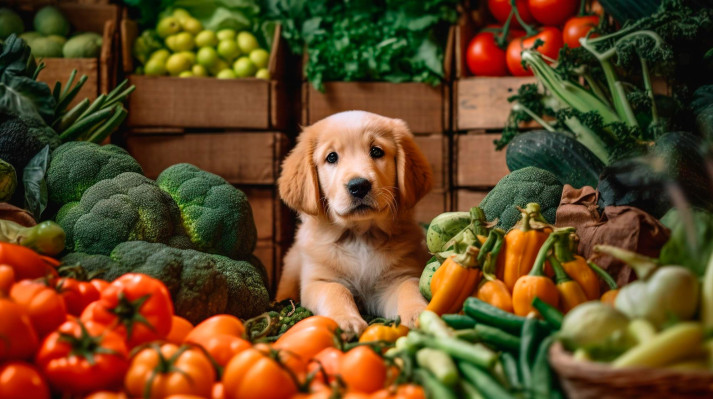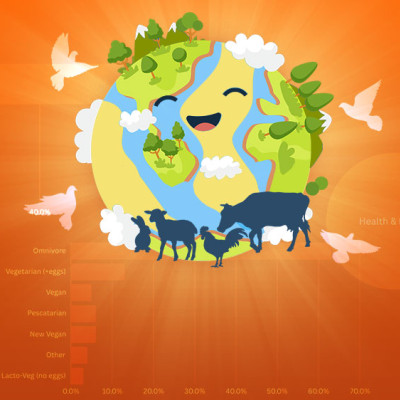Eating less meat isn’t just good for you, it could save the planet
Published 13 February 2017
‘Producing a kilo of beef requires 15,000 litres of water, 30kg of carbon dioxide or equivalent greenhouse gas emissions, and 5 square metres of land.’
The food writer Michael Pollan summed up how to eat healthily: “Eat food. Not too much. Mostly plants.”
It is unlikely that when the British and American governments issue new dietary guidelines the advice will be quite so succinct, or sensible.
National dietary guidelines are being reviewed on both sides of the Atlantic in the light of new evidence on food and health. The timing of the announcements presents a unique opportunity to also consider the impact of diet on climate change, coinciding, as they do, with the climate change summit in Paris.

Food and climate change are inextricably linked: global warming and changes in rainfall have a major impact on our food security, and our diets are a major source of greenhouse gas emissions. Agricultural emissions are thought to account for around 30% of global emissions, with livestock responsible for half of these. Although there is a role for improved farming practices to reduce emission intensity, dietary patterns will need to change to avoid catastrophic consequences.
At first sight, adopting a diet that is both sustainable and healthy may seem hard. Just determining the exact carbon footprint of different foods is a challenge. How is the food grown? What land is used? How is it transported and packaged? And there are other important considerations: food production is responsible for about 70% of all human water use, is the leading cause of global deforestation and biodiversity loss, and rearing livestock accounts for 30% of the planet’s land surface. Is it even possible to grow enough sustainable calories to feed the world?
But it doesn’t need to be that complicated. For example, ruminants (such as beef and lamb) dominate emissions from livestock and are high in unhealthy saturated fats; conversely, fruit and vegetables are relatively low in greenhouse gas emissions and provide significant health benefits. Therefore, eating more fruit and vegetables but less beef and lamb is likely to be both healthier and more sustainable.
And small changes can make a big difference. Producing 1kg of beef requires 15,000 litres of water, 30kg of carbon dioxide or equivalent greenhouse gas emissions, and 5m2 of land. Compare this with potatoes, for example, where producing 1kg requires just 290 litres of water, 0.5kg of carbon dioxide emissions and 0.6m2 of land.
Continue to read full article >> here
Article by Adam Briggs.
Recent News
-

Dogs Thrive on Vegan Diets, Demonstrates the Most Comprehensive Study So Far
The longest, most comprehensive peer-reviewed study so far has demonstrated that dogs fed nutritionally-sound vegan diets maintain health outcomes as well as dogs fed meat.
-

Vegan YouTube Channels – Our Top Picks
Vegan Easy’s YouTube channel recommendations to help you on your vegan journey.
-

Pamela Anderson’s New Vegan Cookbook: A Culinary Journey of Love and Compassion
Pamela Anderson, the iconic Hollywood actress and passionate animal rights advocate, is set to captivate the culinary world with her upcoming vegan cookbook titled "I Love You: Recipes from the Heart."
-

January 2024 Vegan Easy Challenge Recap
People from around the world began their 2024 with a peaceful start by taking the 30-day Vegan Easy Challenge.
-

Discover the Culinary Delights of Byron Bay’s Newest Plant-Based Cooking School
Learn the sublime art of plant-based cuisine at Katie White's new cooking school in Byron Bay
-

Beyond Romance: Encouraging Vegan Themes and Animal Protection in the Growing World of K-Dramas
The global popularity of K-dramas and growing interest in veganism present a unique opportunity to foster positive change
Leave a Comment